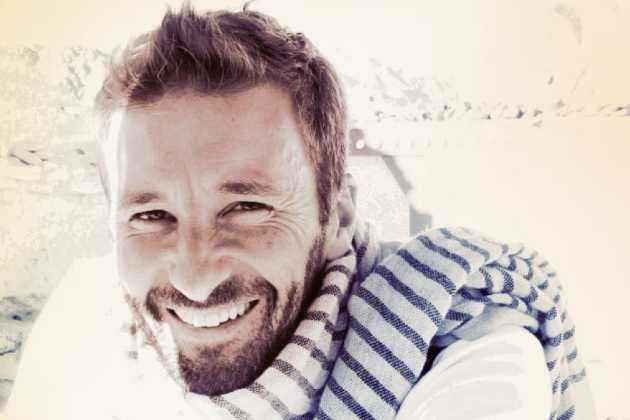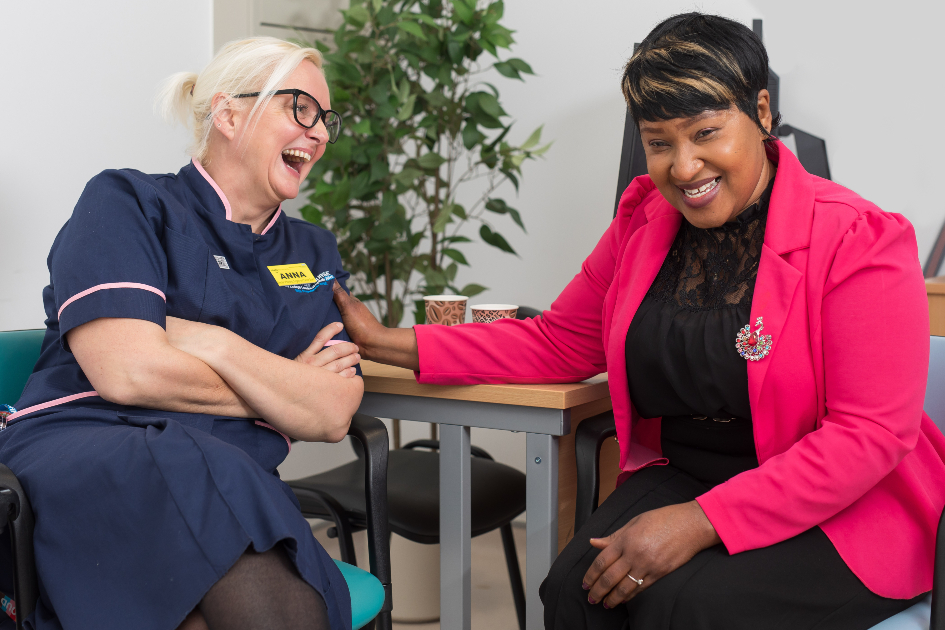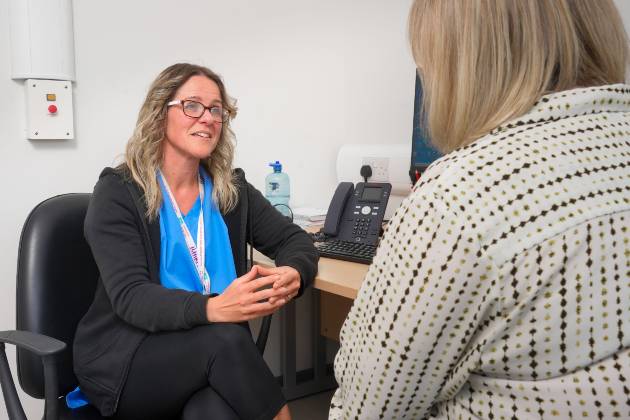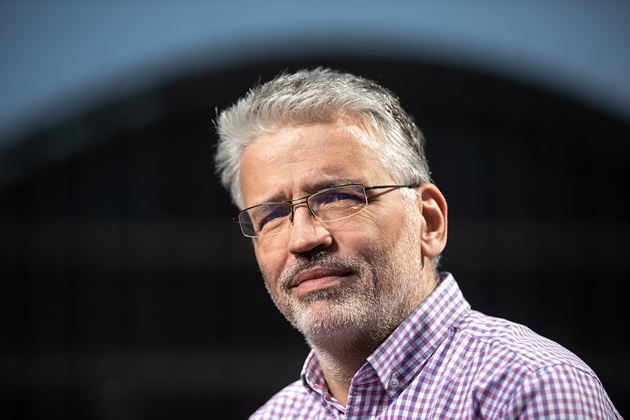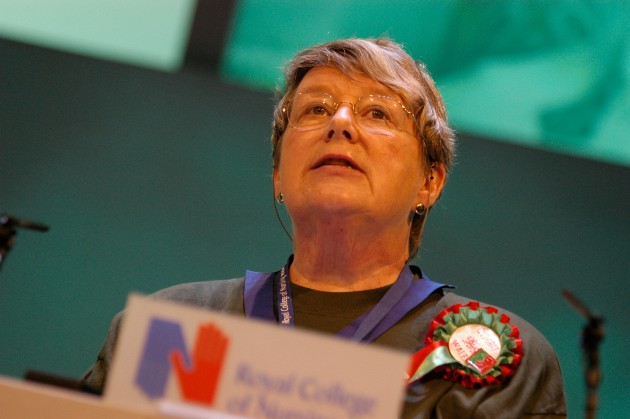“I could have been so many different things because there’s always been so much I’ve liked and enjoyed,” says João Marçal-Grilo.
He might have become a vet, a farmer, something in international development. But fuelled by a passion that began when he volunteered in a hospital in India, he became a nurse. It proved a good move.
The skills he's acquired as a nurse are helping João and the charity he founded to bring hope to people in South Asia whose lives are affected by mental illness.
What I like to do most is interact with people and listen to their stories
After studying for a first degree in geography in Lisbon, João, a British and Portuguese dual national, moved to the UK and began a master’s in international development in London.
He then worked for a market research company for a while but soon craved something more fulfilling.
“I started to get a bit bored and thought what I like to do most is interact with people and listen to their stories,” says João.
Always a keen traveller, he opted to quit his job and go backpacking – Latin America first, then across India and Nepal.
In Varanasi, in Uttar Pradesh, he came across a hospital run by nuns who accepted any traveller keen to lend a hand. João volunteered, helping to bathe and feed the patients, while also teaching English to the children who lived in the slums around the hospital.
The patients were mostly destitute. Homeless and abandoned by their families, they had a range of physical and mental health problems. But João loved caring for them.
“I felt in my element,” he says. “It didn’t feel like work at all and I thoroughly enjoyed it.”
The experience transformed him. “When I came back to Europe, it pushed me to make a complete change. I decided to go back to uni and applied for nursing.”
With a degree in mental health nursing from King’s College London, João spent several years working for various services in hospitals and the community. “Then I got itchy feet and felt it was time to do something different.”
In 2011, he was selected by VSO, which places volunteers on programmes in poorer countries, to go to Sri Lanka as a dementia nurse consultant, helping to set up a team at a newly built dementia centre in Colombo, the first of its kind in the country.
Making connections
“I really enjoyed that experience and made amazing connections and friendships,” João says. But it also opened his eyes to the stigma and discrimination associated with mental illness – a problem worldwide and especially evident in lower and middle-income countries – and how ill-equipped many of those countries are to respond to the needs of people with poor mental health.
He also saw how few development opportunities were available to nursing staff and by the time he left Sri Lanka two years later and returned to the UK he had resolved to do something about it. In October 2014, the charity Jaya Mental Health was born.
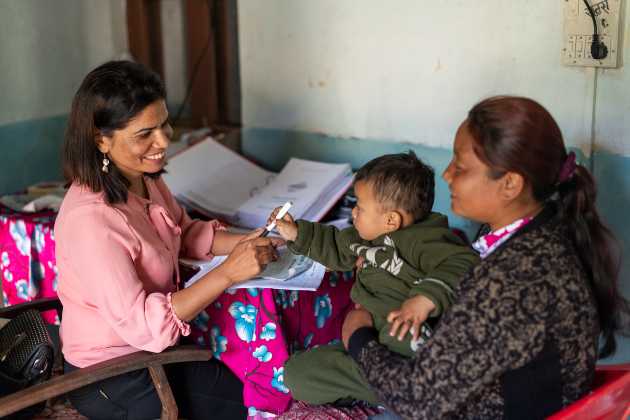
“It would be a platform that would allow nurses from our side of the world to share their knowledge and experience with colleagues in countries like Sri Lanka and vice versa,” João explains.
The aim was to create a sustainable approach to health care rather than what he calls a neo-colonial model where “experts” from the northern hemisphere go south to change things. Instead, local nursing staff would be the experts. “It’s from them that knowledge and skills radiate,” he says.
Setting up a charity is a mixture of straightforward and a hard slog, João discovered. The logistical side is relatively simple and the Charity Commission offers helpful guidance. But securing funding can be gruelling, especially at the start.
Tips for nurse entrepreneurs
João has this advice for nursing staff interested in following his lead.
- Believe in yourself and the skills you have. “I think it’s very important that every nurse realises that his or her skills are transferrable. And there are lots of people like us in other parts of the world who we can share those skills with. There’s lots to learn from sharing because you also receive a lot in return.”
- Don’t take no for an answer. “Even when people tell you you’re not going to make it. There will be lots of ups and downs but if you really believe in what you’re advocating for, other people on the same wavelength will come to you.”
- Share your ideas. “Networking is really important. I would say, contact us. Even if you don’t want to do anything with our charity, we’re very happy to share our story with nurses who want to do similar things in South Asia or any other part of the world, or even within the UK. Sharing your dreams, your thoughts, with other people is good. You might come across people who want to join you or work with you, or who will inspire you to take certain directions.”
“You need a portfolio, a project to show people that you are worth investing in. But you need money to have a portfolio, so it’s a chicken and egg situation.”
For the first three years, to save money João rented out his London flat and sofa-hopped between friends and family, essentially working as a volunteer for his own charity.
But over the years, Jaya Mental Health – “jaya” means “victory” – has gradually increased its reach and influence. It now receives official requests for help, often in remote areas.
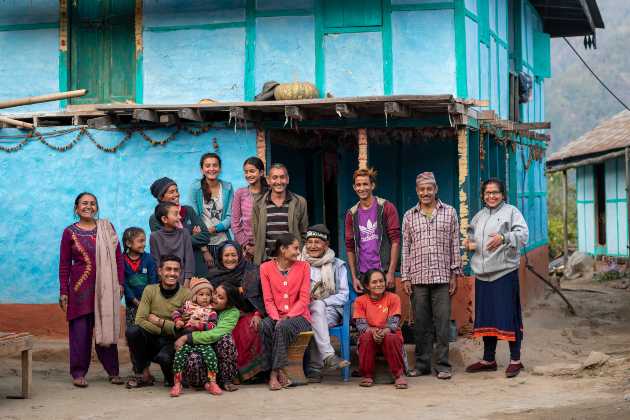
Working mainly in Nepal but in other South Asian countries too, it trains and empowers local health workers to improve the lives of people affected by mental illness – people like Chandra, a farmer from eastern Nepal with a long history of schizophrenia.
Thanks to João’s charity, Chandra now has access to a monthly clinic where he receives specialist support and medication.
“After getting help from the clinic, I feel like I have got a new life,” Chandra says.
Last year, João’s success was recognised when he won the mental health category in the prestigious RCN Nursing Awards.
He’s rightly proud of his achievements and attributes them in part to his experience as a nurse.
“Nurses’ skills are very transferable – and they’re really precious,” he says.
More information
Find out more about Jaya Mental Health
Join the RCN Mental Health Forum


